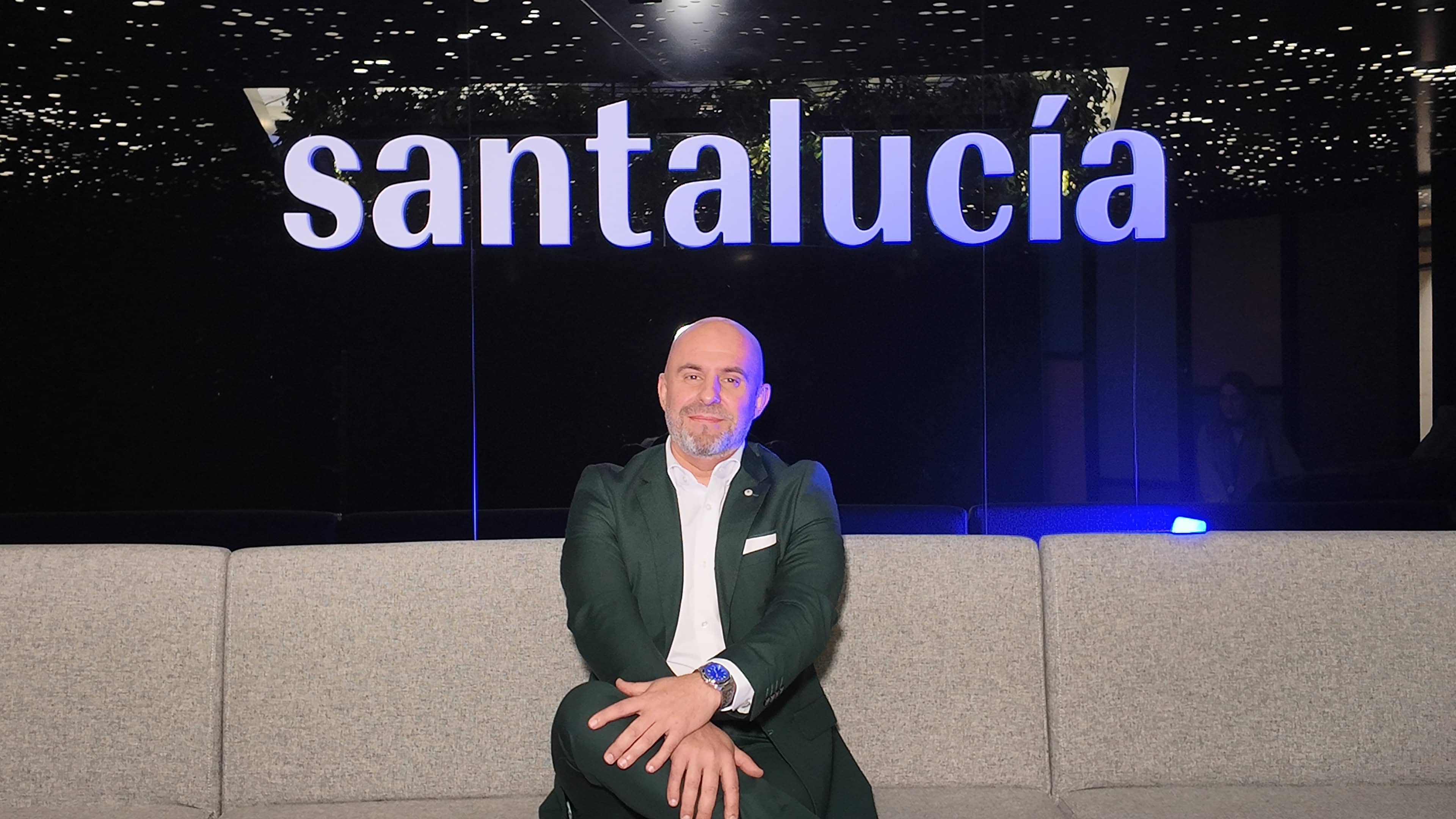What to study when everything changes? How to choose a career in the era of augmented intelligence

Choosing what to study has never been an easy decision. But today, in a world where algorithms they learn faster than us and where the most in-demand professions have not yet been invented, that decision goes one step further: an exercise in anticipation, adaptation and self-knowledge.
Education is no longer built for one position, but rather to navigate multiple possible futures. And that requires new questions, references and compasses.
From the linear itinerary to the spiral race
For years, the question “what do you want to be when you grow up?” involved a stable journey: choosing a career, entering a sector, specializing, growing. Today, that linearity does not continue to occur in the same way. The speed of technological change and the volatility of the labor market have made many career paths more like a spiral: exploration, reinvention, continuous learning, breaks, twists.
According to the Megatrends 2025 report developed by the Bankinter Foundation, augmented intelligence, quantum computing, immersive technologies and neurotechnology are completely reconfiguring not only industries, but also the ways in which we work, learn and relate. Preparing for this environment does not involve choosing a rigid specialization, but rather developing a mental and emotional structure capable of moving between disciplines and contexts.
It's not about getting it right, but about preparing to change
In this scenario, choosing a career is no longer a definitive bet. It is a first decision that must be taken as a starting point, not as a final destination. What is truly valuable will not be so much what you study, but rather how you learn, what connections you establish and what capacity you have to adapt to the new.
For this reason, The approach changes: of “what work do I want to do?” to “what problems am I interested in solving?” In other words, we moved on to focusing on “what degree secures me a position?” to “what knowledge and skills will help me to remain relevant when the world changes?”
To make that decision with meaning, there are three axes that should be kept in mind:
- The vocation: not in a romantic sense, but as a personal compass. What genuinely interests you? What triggers curiosity in you? What subjects do you immerse yourself in effortlessly?
- The technology: not as a destination, but as a context. No matter what you study: the environment in which you will apply it will be digital, automated, interconnected. Understanding the languages, tools and limits of technology is key for any discipline.
- The human dimension: In a world of AI, what will continue to be the differential is the human. Empathy, communication, ethics, critical thinking, the ability to connect disparate ideas, to build narratives or to make decisions in ambiguous environments.
This triangle is the best defense against a changing market. It allows you to move with coherence even when the terrain changes underfoot.

Learning beyond the classroom, without leaving university
La University remains the key place where the foundations of knowledge are built, rigorous study habits are developed and personal and professional networks are established that will shape the future. But today, those foundations need ramifications. Learning doesn't end in the classroom: it extends to practical, collaborative and multidisciplinary environments that complement the academic with the experiential.
More and more universities recognize it and promote programs that go beyond the traditional curriculum. This is the case of Santalucía Promotes Universities, an initiative that offers university students support, mentoring and access to real business challenges within the Santalucía Group. This type of experience allows us to apply what we learned in class to specific use cases, collaborate with diverse professional profiles and face dynamics that reflect the current world of work.
In addition to this reality, other complementary learning formats are added: specialized online training, short courses on digital platforms, own projects, technological communities, open innovation challenges, bootcamps intensive or extracurricular collaborations. All of them contribute to developing applied skills, opening up new perspectives and discovering areas of interest that may not appear in a structured way in the university itinerary.
The important thing is not to replace the university, but to expand its impact with opportunities that better prepare for a complex, collaborative and constantly reinventing professional world.
In the era of augmented intelligence, the important thing is no longer to find the definitive answer, but to ask the right questions over and over again. Because what you study today won't determine your identity forever, but it will give you the language, structure and flexibility to build the future of your choice... or whatever comes your way. To study, today, is to design versions of yourself that don't yet exist.



